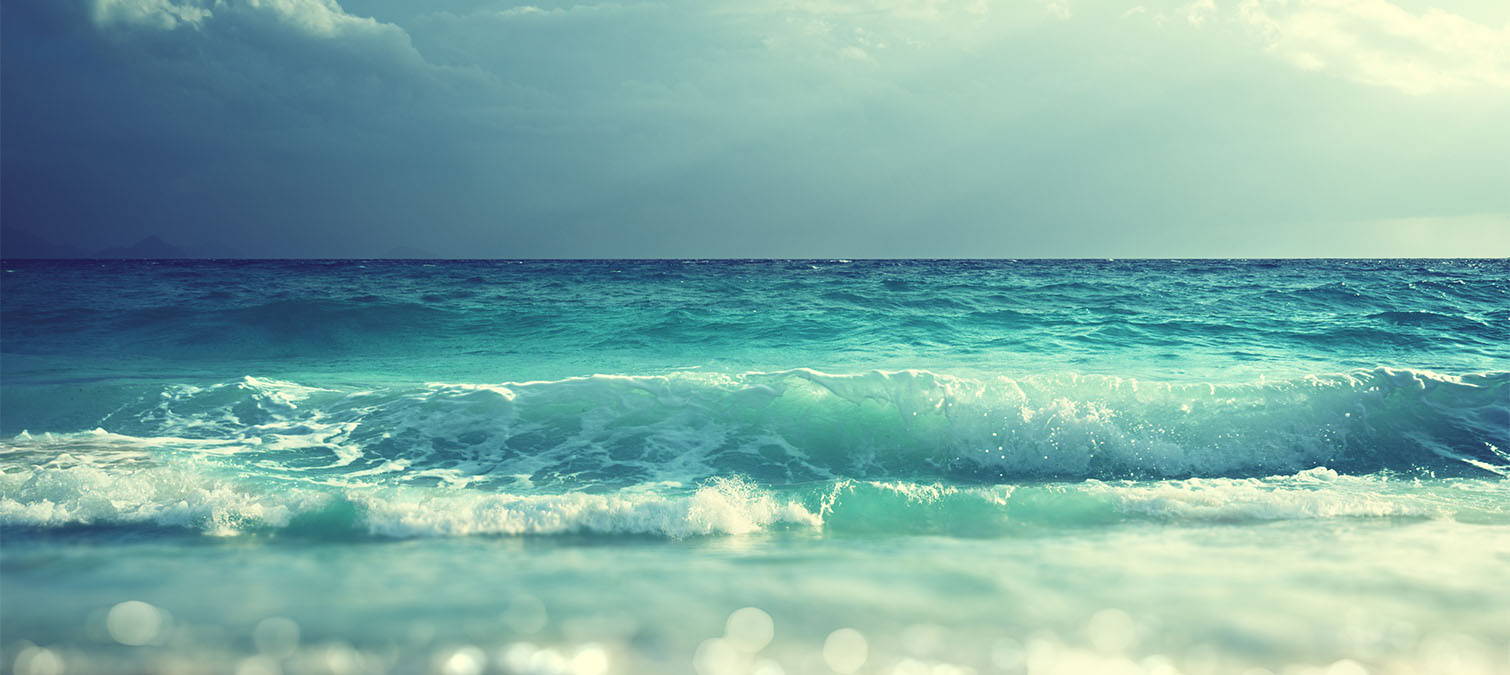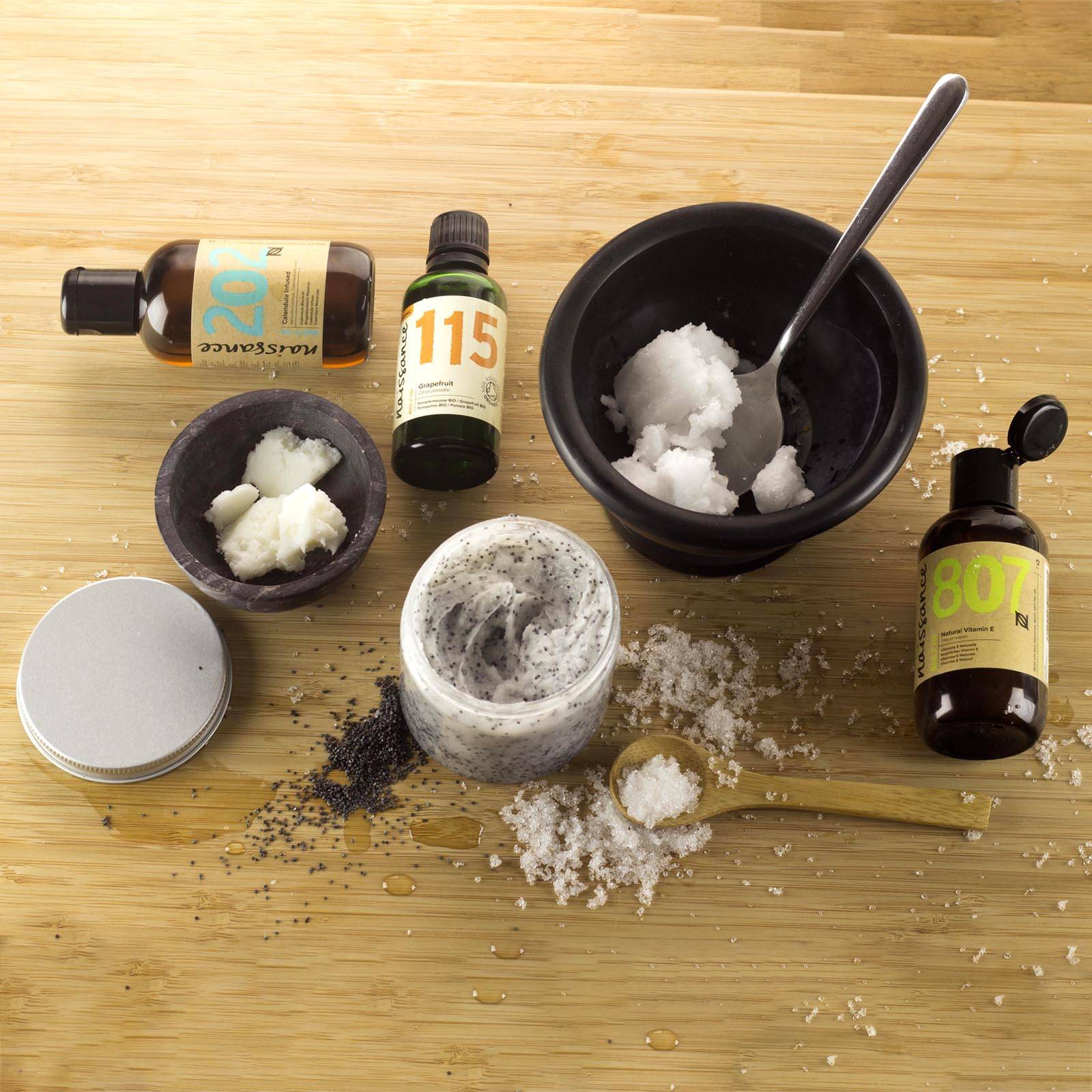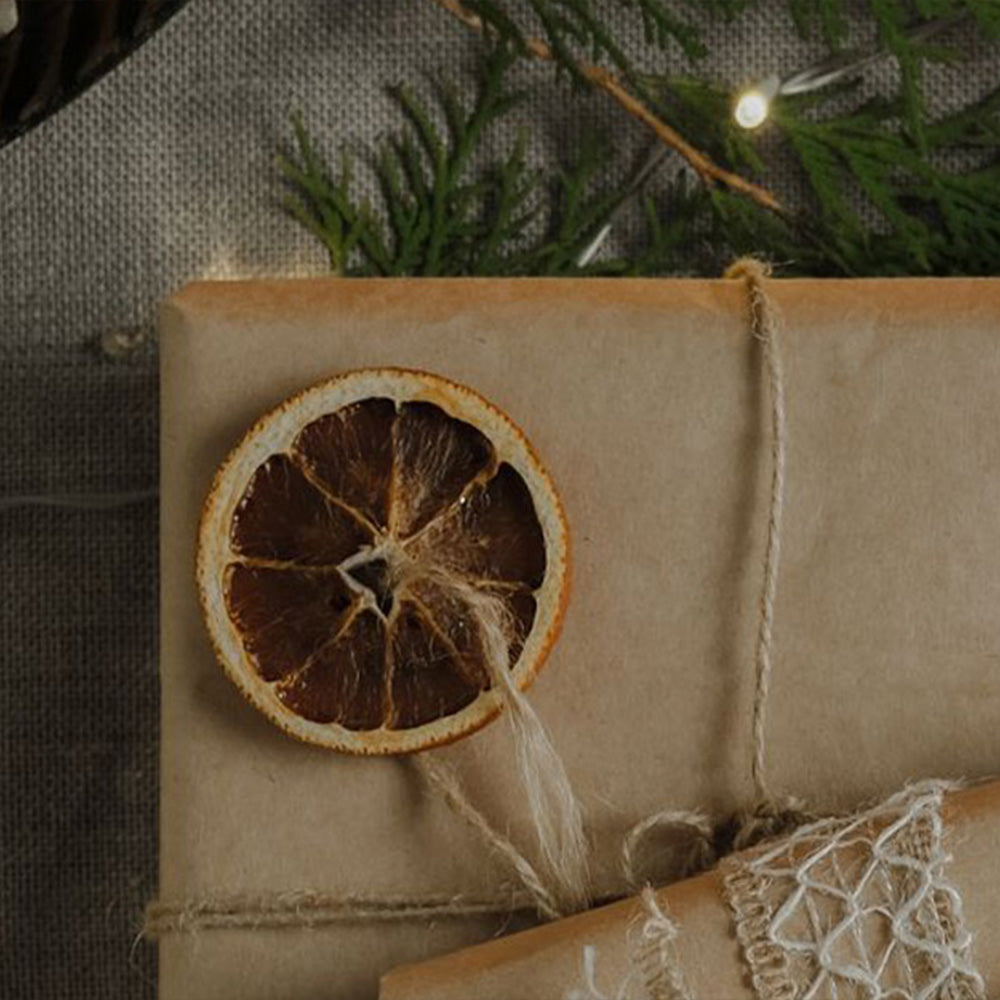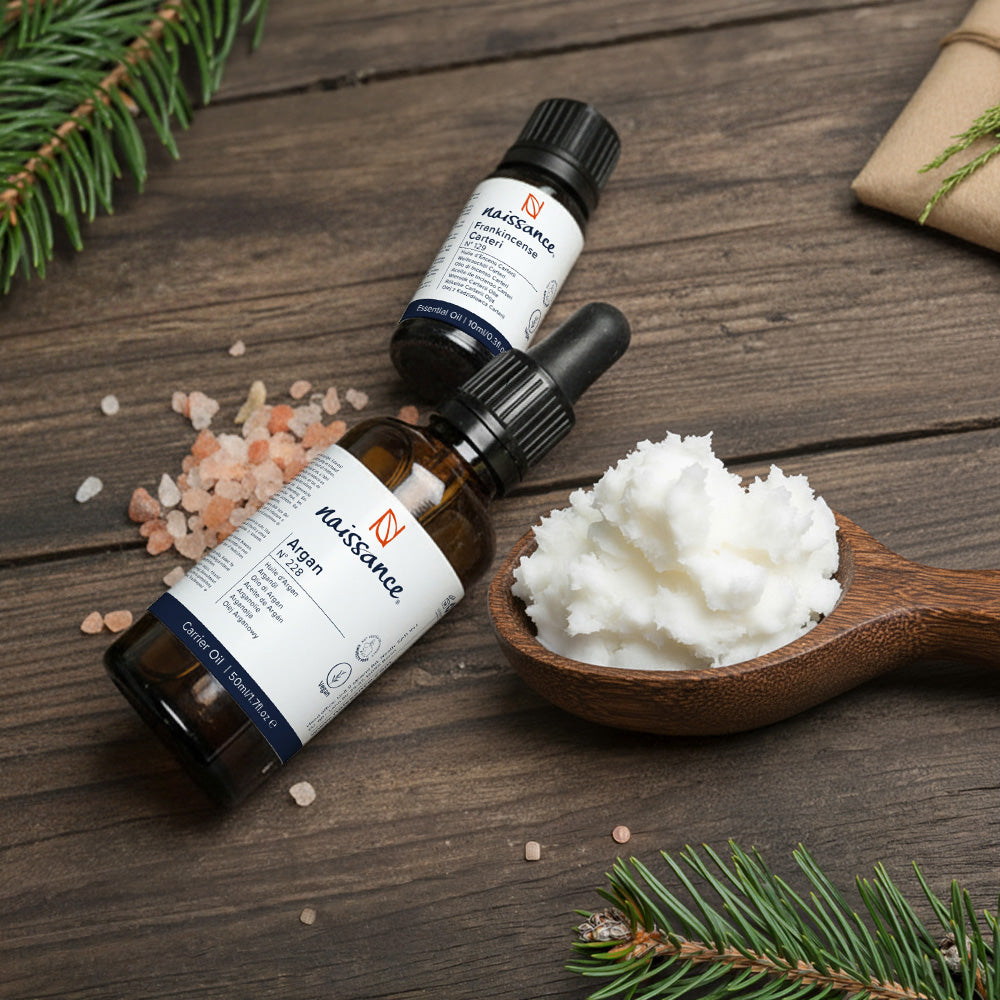
At Naissance, we believe that looking after the planet is just as important as looking after ourselves. Much like we rely on a rich body butter or a hydrating facial oil to keep our skin in top condition, the earth relies on us to keep it nourished and healthy too.
With each year that passes, more and more people are growing aware of the impact we’re having on our planet. While many are beginning to change their lifestyle and habits accordingly, there’s still one huge cloud looming over the beauty industry: microplastics.
As We Are Paradoxx holds the third ever Plastic Free Beauty Day, we thought this was the perfect opportunity to shed some light on microplastics in the beauty industry and what you can do to help. While you can rest assured that we never use microplastics in our organic skincare products, it’s important to be aware of what they are and how they’re harmful.
What are microplastics?
Microplastics are small plastic pieces that are less than 5mm long. They can be found pretty much everywhere – in the ocean, in the soil, in the air, on the beaches, even in our food and the water we drink. Due to their small size, they’re difficult to spot and easy to digest, so it’s no surprise that these tiny pieces of plastic can be found in every corner of the planet.
Unfortunately, microplastics play a huge role in the beauty industry. They’re added to all kinds of different products that many of us use daily, from deodorants and shampoos to exfoliants and moisturisers. Shockingly, just one shower alone is thought to send 100,000 microbeads down the drain and into the ocean. In fact, microplastics can be found in lipsticks, hair dye, sun cream, insect repellent, mascara, face masks and baby products to name a few – and most of the time, you can’t even tell.
More often than not, plastic ingredients are added to products as bulking agents, emulsifiers or film formers – in other words, to improve the feel and finish of a product. As they’re so tiny, microplastics flow effortlessly down the drain and quickly end up in our precious oceans.
In January 2019, the government introduced a ban on the manufacturing of microbeads (the small plastic beads you find in scrubs) in rinse-off cosmetics and personal care products. However, this doesn’t cover microplastics in general. While the ban of microbeads has been a huge and positive step in the right direction, it’s important to acknowledge that the fight against microplastics in beauty products is far from over.

Why are they bad?
Microplastics are not biodegradable; once they enter the environment, they are almost impossible to remove. Although they’re only small, microplastics are affecting the environment in a huge way – and when we wash them down the sink, we’re contributing to environmental pollution.
Due to the chemicals they are made of, microplastics are highly detrimental to animals and dangerous to consume. All kinds of marine life, from zooplankton to sharks and whales, absorb and eat microplastics, passing them along the food chain. Microplastics can also have a toxic effect on the soil we use to grow our crops.
In a nutshell, microplastics are bad for us, our environment, our eco systems, our land and our marine life.
Avoiding microplastics in cosmetics
The good news is, you don’t have to contribute to the mass of microplastics entering our oceans. A few small changes could make a huge difference, and your own bathroom is a great place to start. If you’re ready to join us on the mission to reduce microplastics in the beauty industry, it’s important to be mindful of the products you use.
Shop organic
Naturally, the most important place to start is with the products you use. With so many natural, organic and biodiversity-friendly companies and products on the market today, there are plenty of alternatives to explore that won’t put our planet at risk. When shopping, look for brands that hold reliable accreditations, with stringent standards and traceable and transparent supply chains.
Create your own plastic-free scrubs
Highstreet body scrubs and exfoliators are some of the worst culprits when it comes to microplastics, but this doesn’t mean that you have to give up scrubs completely. The best way to keep an eye on what’s going into your products is to make your own from scratch.
Making your own natural body scrubs and exfoliants is a great way to say goodbye to microplastics forever, and you can have lots of fun creating your own recipes too. Scrubs are incredibly easy to make – in fact, we’ll be sharing one of our favourite scrub recipes later this month for you to get stuck into, so make sure you keep an eye out.
Recycle packaging
To prevent more plastic from entering our oceans, it’s crucial to make sure that all beauty and cosmetic packaging is recycled responsibly. This prevents plastic from ending up in landfill and helps to keep microplastics out of our seas.
At Naissance, our PETE plastic bottles can be recycled – however, we don’t want to stop there. We are continuously looking for more innovative and environmentally- friendly ways to package our products and encourage recycling. This means that not only do we prevent our products from adding to the plastic problem, but we’re committed to doing more to help clear up plastic in our world’s oceans too.

If you’re ready to give up microplastics in beauty products, there’s no better time than now. Whether it’s a conversation with a friend to raise awareness or a complete rehaul of your toiletries, each small step is one towards a more environmentally-friendly world. Tag us in your posts on Instagram using #NaissancePlasticFreeBeautyDay to let us know what changes you make!



